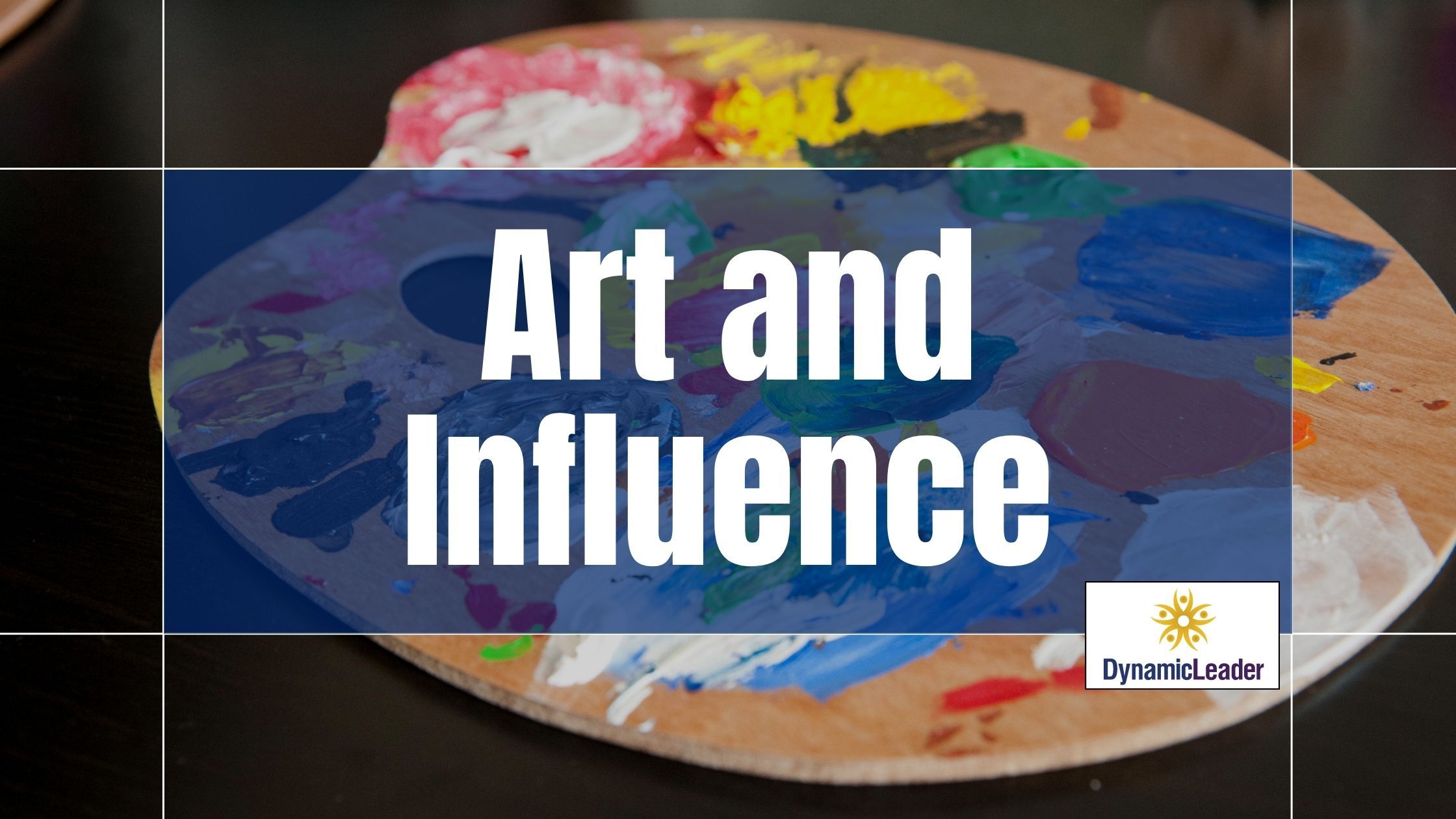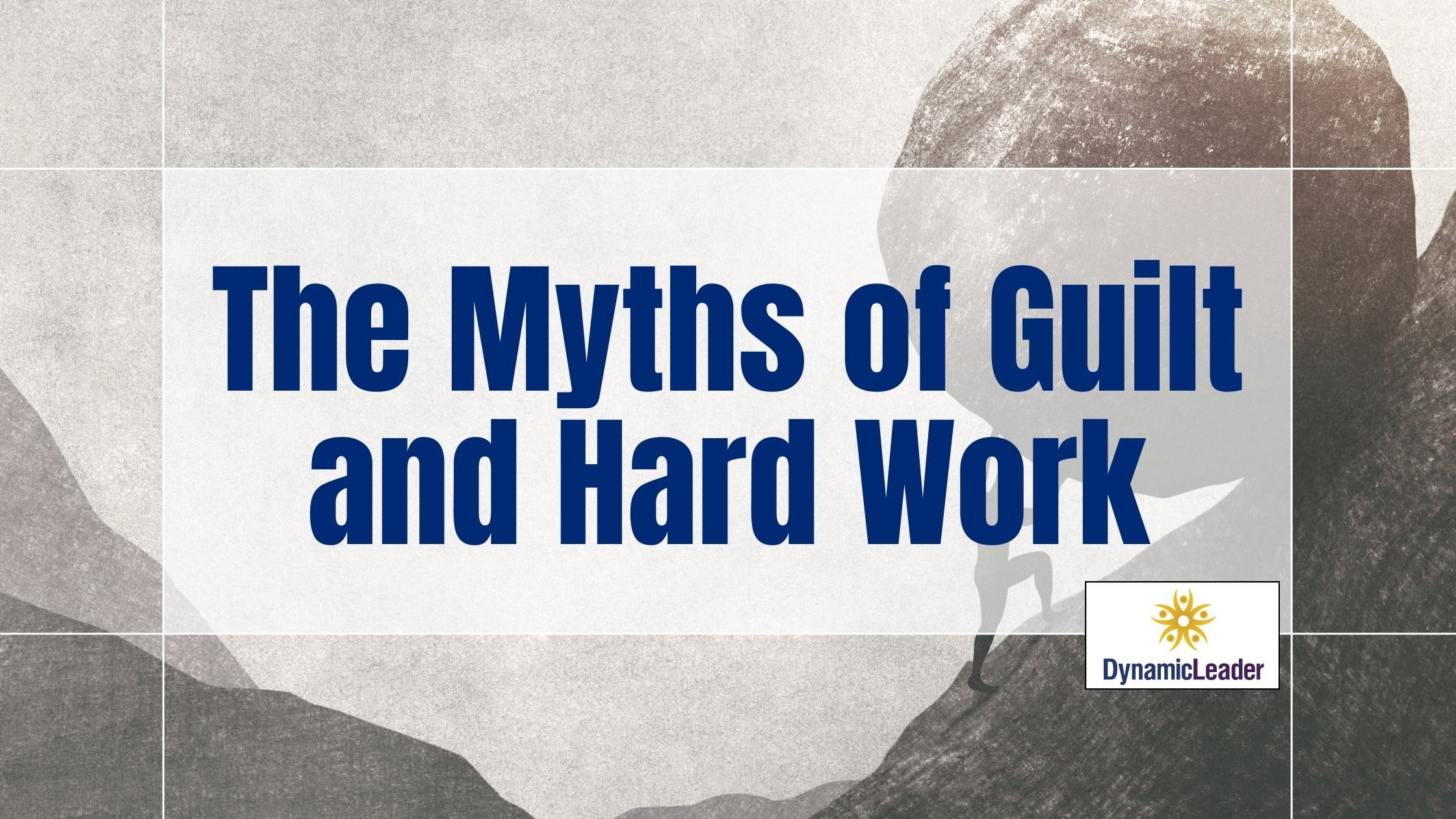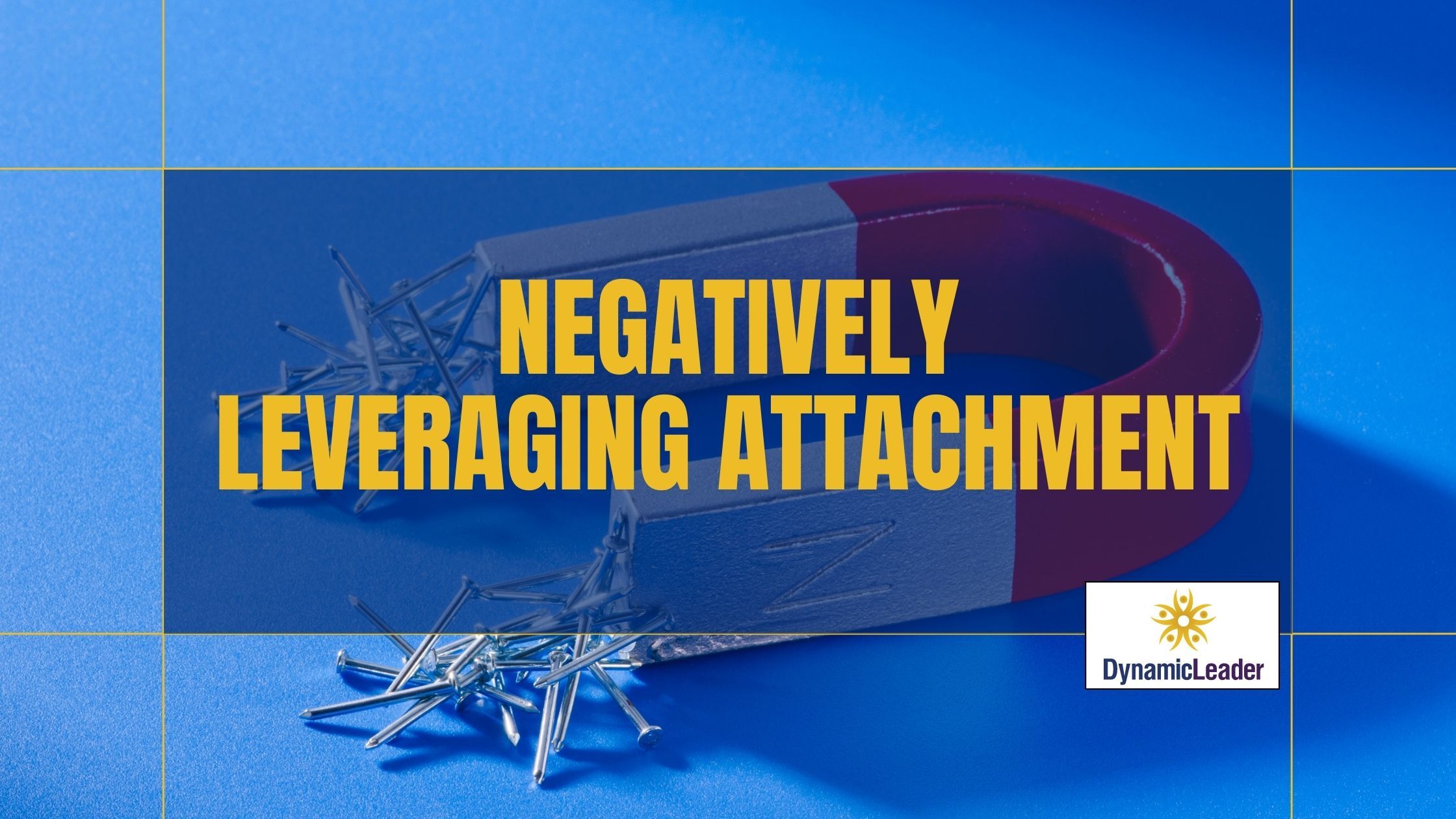Next!!

Your past got you here.
The choices you made, the roads you took, the people you met… all of that got you here.
Some of that was conscious. Some of that was auto-pilot.
The key for you now is to design the life you’d like to have.
Most people plan their vacations in more detail than they think about what they’d like their future to be. When you go on vacation, you know what sites you’ll visit and when. You know how much you’ll need to have. You know what to pack and you probably have a good idea about what you’ll be eating.
Weird, right?
I mean, the weird part is that we don’t typically think about that for our own lives.
What if…
What if you knew where you’d be, what your home looked like, what you’d be eating, and what you’ll be doing every day. Think about the feeling you’ll have, the smells around you (dryer sheets, warm cookies, coffee, fresh mountain air, or great city streets???). Think about the details of the life you want.
All of your experi...
Art and Influence

Look at me! Look at me! Look at me!
How delightful that repetitive noise is from kids, from TV, from social media “influencers” and such! It’s not delightful at all. It’s annoying as heck!
I think it’s a responsibility we each carry, knowing we’re being watched by someone and that our actions model for others two things: how they should treat us and how they might treat others.
The message then, must be “join me” not “look at me.”
Join me in making the world a better place.
Join me in smiling and engaging with love.
Join me in letting go of shame and guilt and stepping into hope and freedom.
Join me because I model for you who I am and how I am in the world and if our values align, it’d be great to be connected.
Join Me.
It’s so much more powerful as a message than lookatme/lookatme/lookatme!!!
That’s art at its finest.
Keep making your magic.
= Wayne =
It’s not too late, there are a couple seats available for my signature mastermind retreat, T...
The Myths of Guilt and Hard Work

Our personal myths and the stories we’ve taken on include such tales as “the reason you don’t have everything you want is because you haven’t worked hard enough yet.”
Myths:
- You haven’t worked hard enough
- ONLY hard work will get you what you want
- You don’t deserve it
- You’re not good enough
- Etc.
- Etc.
I’m sure you have your own lies that you’ve been living by. They’re lies. We call them myths because that’s an easier way to look at them. Let’s accept some truth. You’re reading this because you’re here to grow.
The truth is that effort and hard work don’t always pay off the way you think they should.
I have a history of being terrible with Organic Chemistry and Advanced Statistical Analysis. I mean, I get the basics. I understand how they work and how they’re supposed to work. I just don’t seem to be able to retain the formulae enough to employ them.
Does that make me bad, wrong, or stupid?
Did I not apply myself enough? Did I not work hard enough? Did I hold...
Wrapping Your Brain Around Transact vs. Relate

I’m fascinated by puzzles and sometimes that means exploring everyday word origins. The study of the origin of words is called etymology. Maybe you knew that. Maybe that’s new for you. Don’t worry, today’s blog isn’t about etymology. It’s about two specific words and how we use them.
Trans – It’s important to understand this prefix: it means across. Think transatlantic, where you cross the ocean. Think transaction where you engage with someone giving and taking.
Re-Lation-Ship is Again-Coming Together-The State Of. That is, the state of coming together again. It’s not static and though transaction is a part of every relationship, it’s not what the relationship should be built upon.
That is, in relationships, we can come together again to give to the other, to support the other, or to love the other. We don’t come together for the sake of giving, supporting, and loving IN ORDER TO be given to, supported, or loved. That, then, becomes transactional.
Relationships go badl...
Negatively Leveraging Attachment

Here’s a bit of psychology to think about today. It’s about how you treat others and really, how you treat yourself.
How often do we shame others into doing what we want by implying that our attachment to them will be damaged somehow? We learned it from our parents. We pass it on.
Be good and you’ll get some adulation and/or other reward.
Work hard and you’ll get some adulation and/or other reward.
Expect others to do as you want, and they’ll get your adulation and/or some other reward.
And if you’re not good, hard working, or do what you’re told… what happens?
You’ll be cut off, ostracized, and left out in the cold to die.
Ridiculous when you read it. And yet, your subconscious thinks that’s exactly what’s going to happen.
And the remedy is… awareness.
Awareness leads to choice, and choice leads to greater awareness. That’s an ever-expanding spiral.
When you become aware that you might be holding someone hostage emotionally or that you’ve been held hosta...
Front Door Bias

I’m traveling again (a big shocker to my loyal readers, I’m sure).
In looking for lunch, I was exploring the local area with my wife, and found a restaurant that looked like it might be our kind of chill place for a place to grab a bite. Chain restaurants are only ever on the radar as a last resort. This was a local spot with a sister restaurant about 40 miles away.
We stepped through the door and were met by a young woman who looked up at us as if we hadn’t seen her in five years. She was so happy we were there and welcomed us warmly. We don’t even know her name, just that somehow, we were in the right place.
And then, Hailey came by. Hailey wanted to ensure that we were comfortable and also had the “so glad to see you/so glad you’re here” kind of energy. A smile. A twinkle in her eye. And proud to be working at a place that has great food and wonderful team morale.
This is a tribute to the management and leadership.
We, my wife and I, knew that we were going to ha...
Proving Significance

Life is hard. Sometimes it’s really hard. The news and social media will tell you ALL ABOUT how hard it is. And you begin to believe it.
You have friends that complain about life. You have family that complain about their burdens and what they’re dealing with this week… today… ten minutes ago.
You might be tempted to join in, thinking that by sharing the struggles you’re having, that you’re somehow sympathizing. Be aware that the complaining about life’s struggles is part of identity formation.
Read that again. You need to get this one clearly.
People complain because that’s part of their identity.
“Ohhh, the struggle.”
Don’t get me wrong. Struggle is a part of life. The working title of my very first book, Choosing Your Power was A Worthy Struggle. And then I shifted because I was writing about the struggle and not about where we could all live. In that place of power.
Oh woe is me.
OR
Ya know, I kind of like my life.
You don’t have...
Bring What You WANT

I want to…
Whatever that is, you first.
What do you want? Bring that to the game, your game.
Go yell at your fireplace in the winter: “Give me warmth, then I’ll give you some wood.”
I often counsel the leaders I work with, “You first, dear leader. You take action first.”
I want…
to be super wealthy.
Great. How have you helped others to uplevel their lives through your leadership,
your efforts, or your contributions?
to go on vacation.
You know, vacations come in all shapes and sizes. The big question is whether
you’ve even put it on your calendar. No. It’s still a “someday” item.
Someday when the other stuff is taken care of, then? Not likely. Put it on your calendar.
Plan for it.
my employees to shape up and do their jobs.
I still smile at this because I work...
Missing Your Exit

Have you ever had the feeling of flowing with traffic so well that you’re flying down the freeway and realize that, darn it, you needed to be over in the other lane in order to get off. At the exit you were to take a predefined path to your destination.
Instead of getting off, you were:
- In the flow and just forgot that the next step was coming up so quickly
- Caught in traffic and unable to merge in time
You missed your exit.
Do you turn around and head back to where you started? “Darn it. I missed my exit. I guess I’ll go home and start over.” You don’t. You know where you’re headed. So you find a way. A new way. Maybe even potentially a better way.
A new way to your goal could open lots of doors for you.
You’re driving on a winding road. It’s pretty, and you can’t always see around the curves. Traffic may be coming. Or not.
You look for signs.
You listen.
And you make the pretty safe assumption that the road will continue, even as you round the curve yo...
Uncertainty, Resilience, and Courage (Tolerating uncertainty)

Think back a few years. Pretend it’s 2019.
Someone is telling you that every morning when you wake up, there will be new rules. There will be statistics that make you wonder what’s real. Basic staples disappear, chicken and toilet paper (of all things) are hoarded. Those must be the things that will keep us alive… surviving.
Surviving. Is that the best we can hope for?
We’re here to thrive and mere survival means we’re in distress.
Survival, in itself, is a dis-eased state.
What were we taught every single day extended beyond survival.
We learned things about ourselves. During difficult times, we are – each of us is – resilient. We are flexible and we know how to pivot. We didn’t know we needed to do so. Yet, post-pandemic, what we have gained is the knowledge that there’s more. There’s so much more for each of us.
You’re resilient.
You’re courageous. Every single day, you awakened to an uncertainty, and you took on the day anyway.
Uncertainty b...